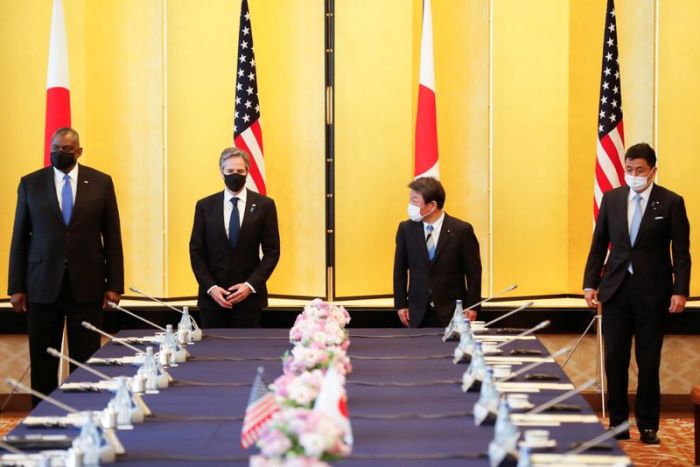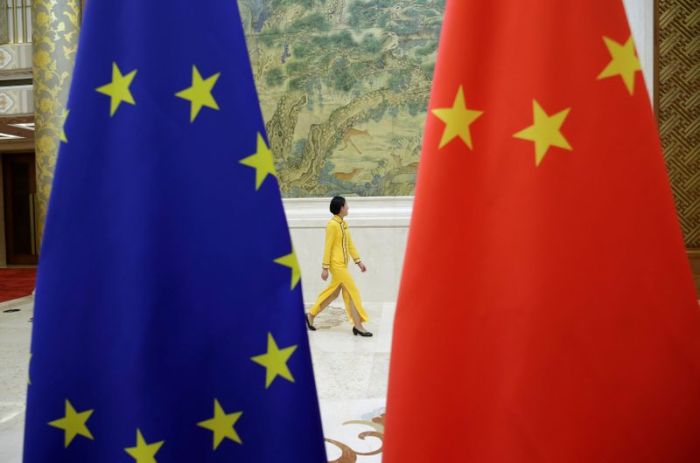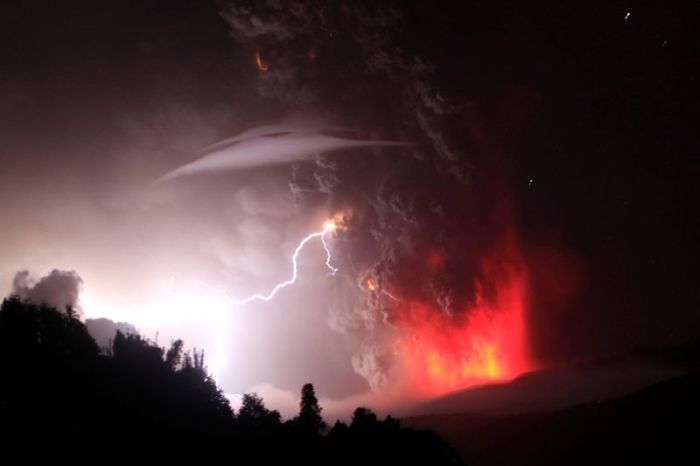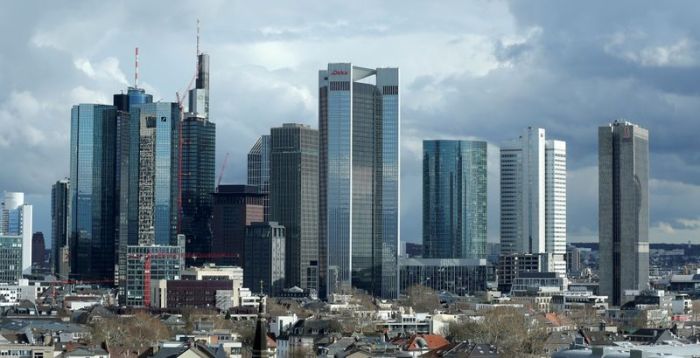SACRAMENTO, Calif. (Reuters) – Prominent progressives including Senators Elizabeth Warren and Bernie Sanders are backing a fight against the recall of California Governor Gavin Newsom, in a sign that supporters are stepping up efforts to keep the embattled Democrat in office.
Newsom and his backers opened a campaign committee on Monday and began raising funds to oppose the recall, which was started by a small right-wing group but has become a cause celebre among Republicans nationwide and in the heavily Democratic state.
“I won’t be distracted by this partisan, Republican recall – but I will fight it,” Newsom said on Twitter on Monday. “There is too much at stake.”
Newsom, a former lieutenant governor and San Francisco mayor, was elected governor in 2018 with almost 62% of the vote. He would be up for re-election in 2022.
The California Democratic Party said on Monday it had donated $250,000 to the effort. Among supporters are Democrat Warren of Massachusetts and Sanders of Vermont, an independent who caucuses with Democrats. They also include Democratic Senators Cory Booker of New Jersey and Alex Padilla of California and voting rights advocate Stacey Abrams of Georgia.
To fight the recall, Newsom has also hired political consultant Juan Rodriguez, who served as Vice President Kamala Harris’ campaign manager during her bid for the 2020 Democratic presidential nomination, the anti-recall campaign said.
Newsom is one of two Democratic governors under fire and at risk of removal in large, influential U.S. states. New York Governor Andrew Cuomo is facing calls to resign and a possible impeachment amid allegations he sexually harassed female employees. Cuomo denies the allegations.
The recall effort targeting Newsom began in February 2020, led by a group called the California Patriot Coalition that opposed Newsom’s liberal politics.
The campaign has picked up steam amid frustration with the state’s COVID-19 vaccine rollout, closed schools and changing public health rules.
A poll released on Monday by Emerson College and Nexstar Media Group Inc found that 38% of registered California voters would vote to recall Newsom, versus 42% who would vote to keep him in office.
Randy Economy, a California Patriot Coalition spokesman, said the group expected to submit about 2 million signatures by a state deadline on Wednesday. The group needs about 1.5 million verified signatures for its recall to be eligible for the ballot at a time to be set by the state. But thousands are likely to be rejected as invalid.
In California, recalling a governor is a two-step process. Voters decide whether they want to recall the sitting governor and then on the same ballot choose a replacement.
‘TIMING IS EVERYTHING’
The last time Californians recalled their governor was in 2003, when Democrat Gray Davis was replaced by Hollywood star Arnold Schwarzenegger, a Republican.
As of Monday, Rescue California, one of the political action committees supporting the recall, had received $2 million in donations, state campaign finance records showed. The total included $185,250 from the California Republican Party and $100,000 from the political action committee of former Arkansas Republican Governor Mike Huckabee.
“Gavin Newsom has ignored the needs of the people of California for too long,” said former San Diego Mayor Kevin Faulconer, among the Republicans planning to run for governor if a recall vote is held.
Republicans make up less than a quarter of registered voters in California.
Raphael Sonenshein, a political scientist at California State University, Los Angeles, said a recall election could be easier for Republicans to win than an ordinary one. But Newsom’s opponents will face tougher odds if California life is back to normal by the time an election is held.
“Timing is everything,” Sonenshein said.
(Reporting by Sharon Bernstein; Editing by Colleen Jenkins and Peter Cooney)























